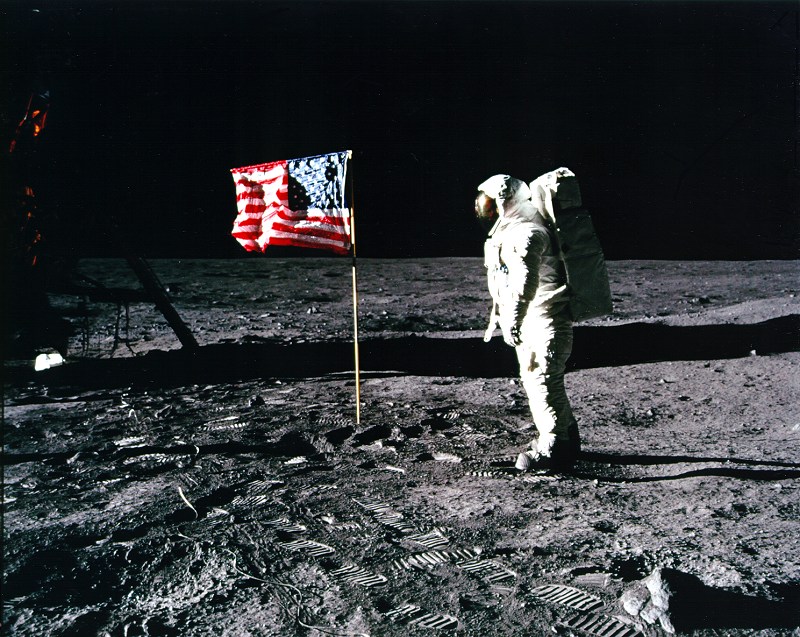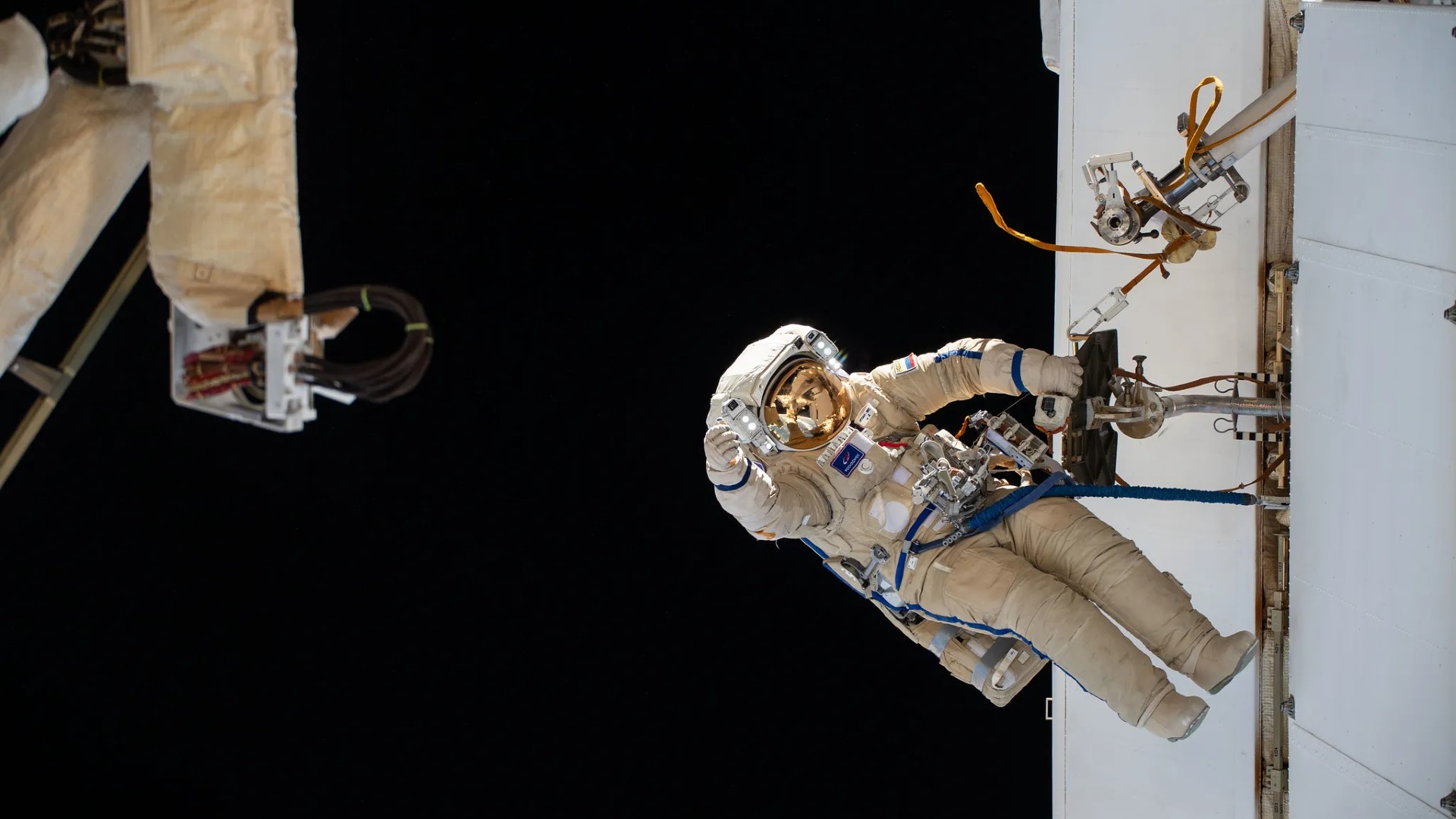'Shocking' Apollo 11 Success Stands Alone in Modern History, Astronaut Scott Kelly Says
Kelly is amazed that NASA pulled off the moonshot eight years after JFK announced the plan.

Breaking space news, the latest updates on rocket launches, skywatching events and more!
You are now subscribed
Your newsletter sign-up was successful
Want to add more newsletters?

Delivered daily
Daily Newsletter
Breaking space news, the latest updates on rocket launches, skywatching events and more!

Once a month
Watch This Space
Sign up to our monthly entertainment newsletter to keep up with all our coverage of the latest sci-fi and space movies, tv shows, games and books.

Once a week
Night Sky This Week
Discover this week's must-see night sky events, moon phases, and stunning astrophotos. Sign up for our skywatching newsletter and explore the universe with us!

Twice a month
Strange New Words
Space.com's Sci-Fi Reader's Club. Read a sci-fi short story every month and join a virtual community of fellow science fiction fans!
The former NASA astronaut who notched the longest U.S. space mission said he still remembers clearly the historic moment when Neil Armstrong stepped on the moon on July 20, 1969.
"I can remember my parents bringing my brother and I downstairs," Scott Kelly told Space.com. His twin brother, incidentally, is Mark Kelly — also a former NASA astronaut.
"Mark doesn't have a recollection of this — he was a little sleepy. [For me], even as a 5-year-old, it was a moment that was inspirational. Unfortunately, it didn't inspire me to work harder in school, and I still struggled," Scott Kelly said.
Related: Apollo 11 at 50: A Complete Guide to the Historic Moon Landing
At around age 18, Kelly picked up Tom Wolfe's famous book "The Right Stuff" (Farrar, Straus and Giroux, 1979), which covered the early days of NASA's human spaceflight program. The book convinced Kelly that being an astronaut might be fun. He ended up flying four times in space, including an 11-month mission on the International Space Station with cosmonaut Mikhail Kornienko, staying aboard from March 2015 to March 2016. Kelly retired later in 2016.
"Now, 50 years later, looking back on Apollo, it's clear how that was probably the single most significant historical event in modern times," Kelly said, "and it really shows us and the world what you can do if you work together and you work hard, keep to the plan, and plan your mission out step by step all the way to the moon. I wish we could do that today."
Kelly added that it's "shocking" that NASA was able to send people to the moon less than a decade after President John F. Kennedy's challenge to a special joint session of Congress on May 25, 1961.
Breaking space news, the latest updates on rocket launches, skywatching events and more!
"I know the difficulty of doing anything in this huge government bureaucracy," said Kelly, who worked at NASA for 20 years. As NASA matured, working on big projects got more difficult, he added. "Our organization and bureaucracy has gotten so large, it would be hard to do that today. But we still do incredible things."
In particular, Kelly pointed to the International Space Station, which he visited three times. "It's the most complicated thing we've ever done, probably more complicated than going to the moon, due to the international partnership and putting a million pounds of payload into orbit."
But Kelly added that NASA faces planning issues because the agency's directions change every time a new person enters in the Oval Office: "We can still achieve things if we work hard at it and don't change the plan, but part of the problem is we change the plan every four years."
- The Apollo Moon Landings: How They Worked (Infographic)
- Lunar Legacy: 45 Apollo Moon Mission Photos
- How the Apollo 11 Moon Landing Worked (Infographic)
Follow Elizabeth Howell on Twitter @howellspace. Follow us on Twitter @Spacedotcom and on Facebook.

Elizabeth Howell (she/her), Ph.D., was a staff writer in the spaceflight channel between 2022 and 2024 specializing in Canadian space news. She was contributing writer for Space.com for 10 years from 2012 to 2024. Elizabeth's reporting includes multiple exclusives with the White House, leading world coverage about a lost-and-found space tomato on the International Space Station, witnessing five human spaceflight launches on two continents, flying parabolic, working inside a spacesuit, and participating in a simulated Mars mission. Her latest book, "Why Am I Taller?" (ECW Press, 2022) is co-written with astronaut Dave Williams.
